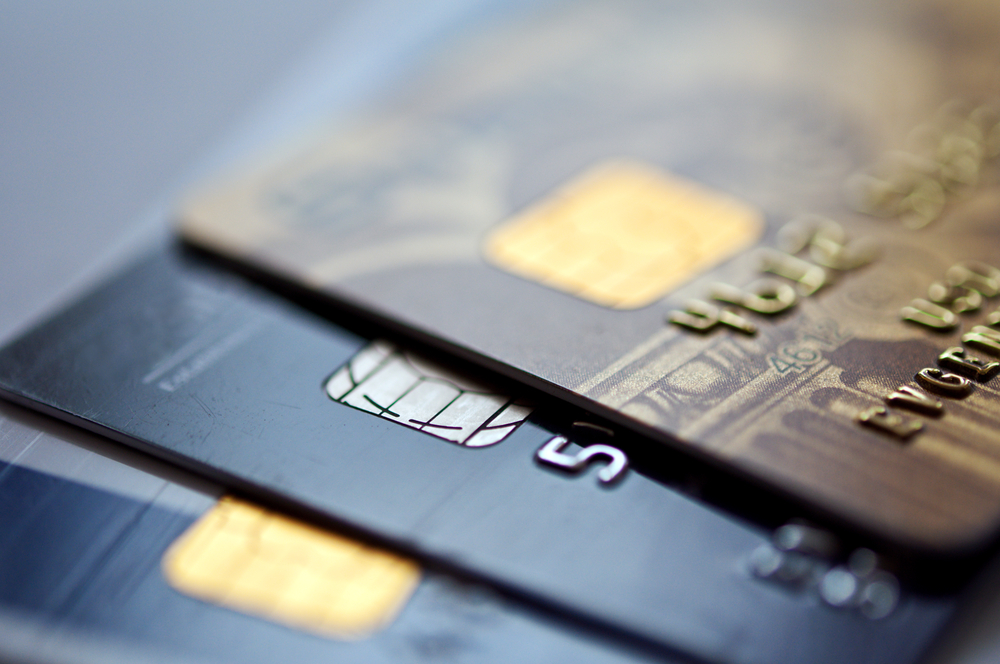The interest free or grace period of a credit card is the period between its transaction date and due date of payment. It can range anywhere from 18 to 55 days, based on the credit card transaction date. No interest is charged on credit card transactions during this period, provided the card users repay the entire bill by the due date.
Here are four ways to make the most of the interest free period available on credit cards:
Make big ticket purchases in the initial days of the billing cycle
Making big ticket spending in the initial days of the billing cycle has two benefits. First, it will give you more than a month’s time to repay the amount. Second, it helps in more efficient cash management as the amount can be deployed towards more productive or important purposes.
For example, let’s assume that the billing cycle of your credit card starts from 5th of every month and your repayment due is on 24th of every month. Now, if you made a big ticket purchase using your credit card on May 6, the transaction would be included in the bill generated on June 4, and you need to repay the bill by June 24. In this case, you can benefit from an interest-free period of up to 49 days. However, if you make the transaction on June 1, then the transaction will still be included in the bill generated on June 4, and will have to be repaid by June 24. In this case, your interest free period will work out to 23 days. Hence, always prefer to make big ticket transactions, to the extent possible, during the start of your credit card billing cycle.
Spread transactions across multiple credit cards
Those with multiple credit cards with different due dates can make most of the grace period by spreading their big ticket transactions across different credit cards based on their residual interest free period.
For example, assume that you have two credit cards, ‘Card A’ and ‘Card B’ with billing dates of 2nd and 17th day of every month, respectively. Using Card A for making transactions between 3rd and 17th and Card B for transactions between 18th and 1st of every month will derive he maximum possible interest free period for all your transactions. Do also remember to factor in the reward points, cashbacks or other benefits available on various cards and choose one with maximum monetary benefit for your transaction.
Pay outstanding credit card dues by their due date
Failure to repay credit card transactions by their due date attracts heavy interest cost in form of finance charges at 24-49 per cent a year right from the transaction date, until the actual repayment. Non-repayment of the minimum amount due mentioned in the credit card bill will additionally incur a late payment fee of up to Rs 1,300 per billing cycle, depending on the credit card issuer and the bill amount. Apart from these penalties, non-payment of a credit card bill can lead to revocation of the interest free period on fresh credit card transactions until the full repayment of the unpaid bill.
Hence, try to repay the entire credit card bill by the due date. Those facing difficulties in keeping track of their multiple credit card bill due dates should set mobile reminders for repaying their credit card bills on time. Many mobile applications also remind credit card users about their bill due dates and unpaid bill amount through push-notifications and WhatsApp messages.
Those unable to repay their credit card bill on time should convert the unpayable part of their bill amount into EMIs. The interest rate charged on EMI conversions are much lower than hefty finance charges. Additionally, fresh credit card transactions made after the EMI conversion will also benefit from the interest free period as usual.
Avoid withdrawing cash through credit card
Interest free period is not applicable on cash transactions through credit cards. ATM cash withdrawals made through credit cards attract finance charges right from the day of making cash withdrawal till their full repayment. Moreover, ATM cash withdrawals also attract cash advance fees of up to 3.5 per cent of the amount withdrawn. Thus, credit card users should avoid withdrawing cash through their credit cards to the extent possible. If it becomes totally unavoidable, then make sure to repay the whole withdrawn amount as early as possible to avoid accumulation of finance charges.









